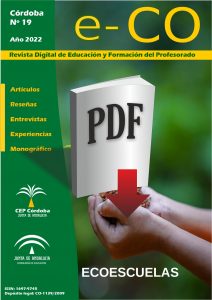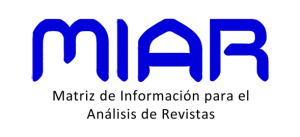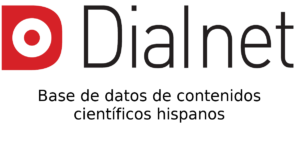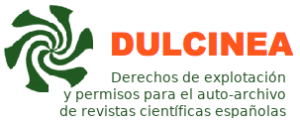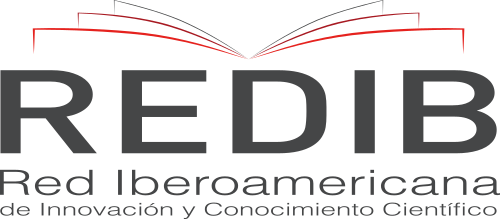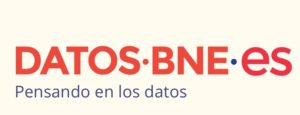AUTOR:
José Ramón Pedraza Serrano
IES Averroes (Córdoba)
RESUMEN
Justificamos la relación del asunto de nuestra comunicación con el Ámbito Social y Cívico en primer lugar partiendo de la premisa de que es el profesorado de Ciencias Sociales, tal y como hemos defendido en diferentes reuniones departamentales, el que debe ser ejemplo de trabajo competencial desde el punto de vista social, coordinativo, cooperativo, consensuado, colaborativo, precisamente por ser depositarios de la formación en dicha competencialidad. Buena enseñanza es el ejemplo.
El hecho de ser coordinador de la Formación en Centros (FC) nos llevó a organizar el programa de la misma, que este curso comenzó dedicando la sesión inicial a la coordinación docente . En dicha jornada participaron con diferentes exposiciones Manuel A. Jiménez Gómez, José Moraga Campos y Pepa Cobos Maroto, de lo cual haremos reseña en nuestra contribución. La sesión formativa (9.11.2020) la arrancamos con la ponencia que ahora pretendemos compartir, hoy actualizada con la información deparada en la autoevaluación del I trimestre. Otras informaciones y reflexiones recientes nos servirán para enfocar esta asignatura pendiente de la coordinación en Secundaria, etapa en la que buena parte del profesorado es refractario a trabajar desde el consenso y la escucha con metodologías y recursos comunes.
ABSTRACT
We justify the relationship of the matter of our communication with the Social and Civic Area in the first place starting from the premise that it is the teaching staff of Social Sciences, as we have defended in different departmental meetings, who must be an example of competence work from the social, coordinative, cooperative, consensual, collaborative point of view, precisely because they are repositories of training in said competence. Good teaching is the example.
The fact of being coordinator of Training in Centers (FC) led us to organize its program, which this year began by devoting the initial session to teaching coordination. Manuel A. Jiménez Gómez, José Moraga Campos and Pepa Cobos Maroto participated in this conference with different exhibitions, which we will review in our contribution. We started the training session (9.11.2020) with the presentation that we now intend to share, today updated with the information provided in the self-assessment of the first quarter. Other recent information and reflections will help us to focus on this pending subject of coordination in Secondary, a stage in which a good part of the teaching staff is resistant to working from consensus and listening with common methodologies and resources.

